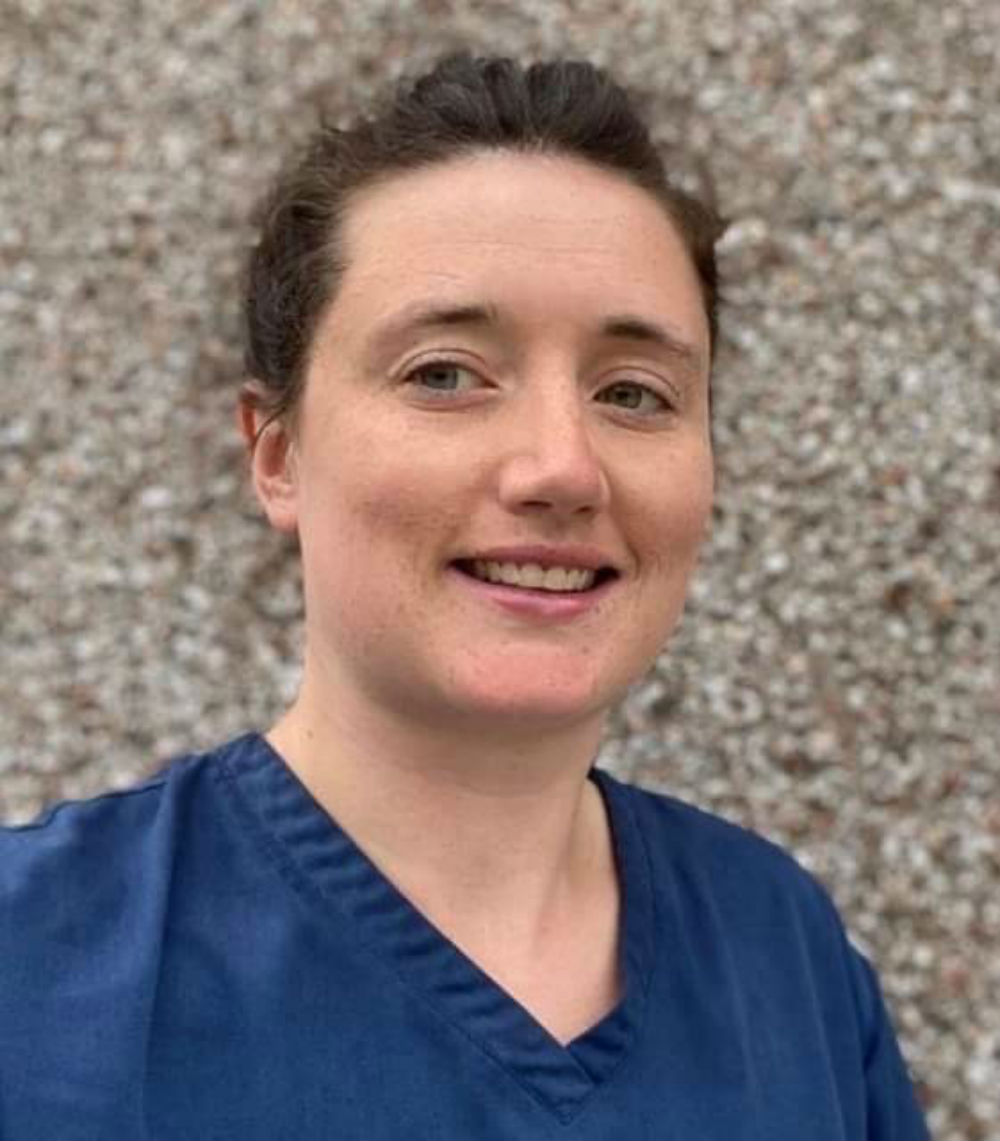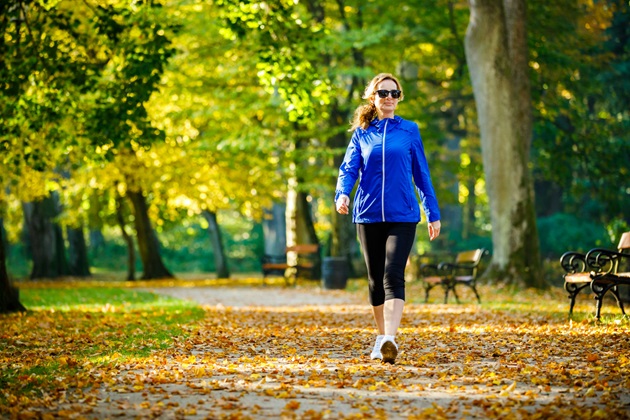Registered nurse Marion Allcock asks if the COVID-19 pandemic is the cue for people to embrace a healthier lifestyle
There’s been a lot of talk in the media about the link between obesity and coronavirus mortality. This is making people stop and think.
Could this be a turning point? Could the COVID-19 pandemic potentially save the NHS millions of pounds by preventing diseases linked to obesity, such as heart disease, cancer and type 2 diabetes?
If individuals recognise their health is being put at risk, and want to make changes, perhaps they will be more receptive to health promotion messages.
Lockdown has had an impact on us all. For many people, being told they had to restrict their exercise, made them want to do it more.
All around us we saw people digging bikes out of their sheds, insisting it was their turn to take the dog for a walk. And let’s face it, for many weeks exercise was our only valid excuse to leave the house.
As lockdown eases, we know that many will still be cautious. We want our older relatives to remain fit and healthy and many people now feel more reluctant to use public transport.
The new normal feels very different, but for some it could be the chance to embrace a healthier approach to life.

In 2017 NICE recognised that people are more receptive to change after a life- changing event. So, let’s seize the moment now.
Nursing staff must have the confidence to raise the issue and promote healthier living options with patients.
Practice nurses and those working in regular clinic roles conducting heart disease reviews and diabetes checks, in particular, have an ideal opportunity to talk about this.
This could be a decisive moment for the health of several generations.
We have a chance to reduce the burden to the NHS financially of caring for conditions that are linked to being overweight, and improve our patients’ long term physical and mental health.
This is our chance to create something positive from this terrible pandemic.
Promoting public health and self-care is more important than ever, says RCN Professional Lead for Public Health Helen Donovan
While the increase in the number of people taking exercise is welcome, we need to get the message out there that the type of food we eat has an impact on our health.
I was interested to read about a survey by the Obesity Health Alliance which highlighted how we changed the food and drinks we ate during lockdown.
Half of the people they surveyed said they were eating home-cooked food more often and 40% said they were eating more fruit and vegetables. This is welcome news.
Looking after ourselves is vital right now
However, they also found that people ate more foods that are high in fat, sugar and salt, such as confectionery, cakes and biscuits, and savoury snacks.
Looking after ourselves is vital right now.
It concerns me to hear that some people feel so frightened of becoming infected with COVID-19, they are avoiding contact with health care professionals.
This could have a devastating impact for some people with long term conditions such as diabetes.
But I know nursing staff will do all they can to encourage people to get the support they need.
Did you know?
- Being obese is defined by the World Health Organization as having a Body Mass Index of greater than or equal to 30.
- Heart and circulatory disease health care costs the UK £9 billion per year (UK Factsheet, British Heart Foundation, January 2020).
- An estimated £14 billion pounds is spent a year on treating diabetes and its complications (The Cost of Diabetes, Diabetes UK, January 2019).
- Almost 2/3 of adults in England are overweight or obese. The nature of obesity is such that it prematurely doubles the risk of dying (Obesity Health Alliance).
- In Scotland in 2017 65% of adults aged 16 and over were overweight including 29% who were obese (Scottish Government, Obesity Indicators 2018).








